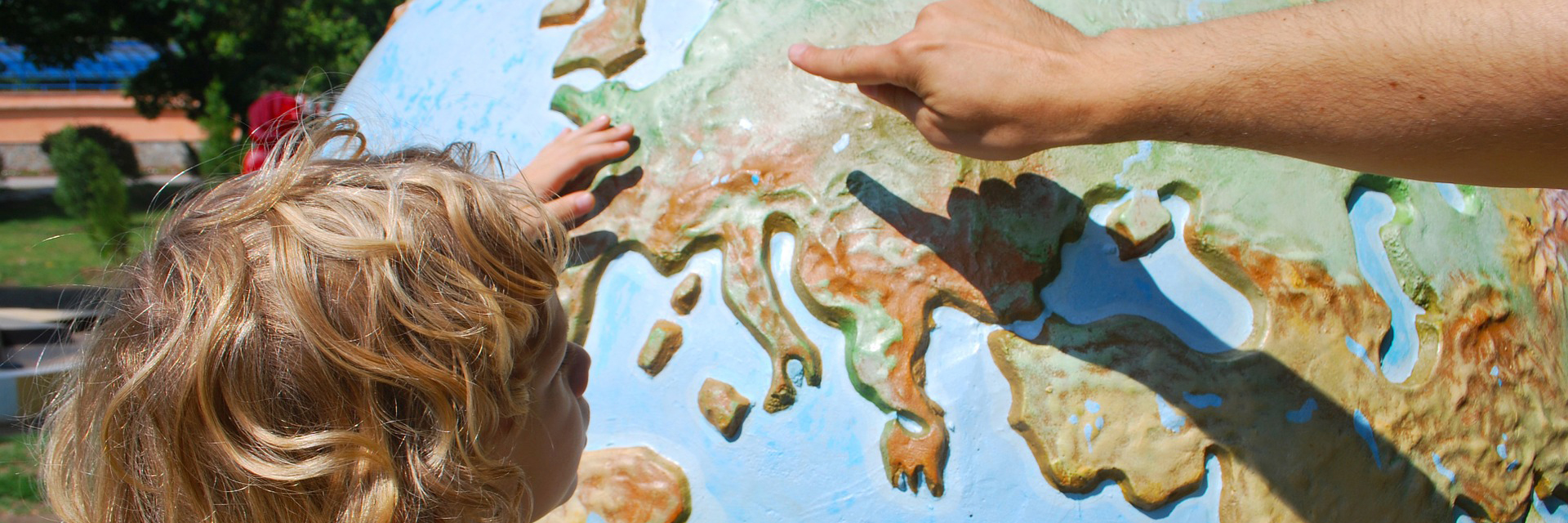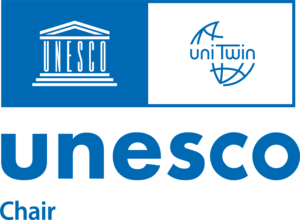UNSECO Co-Chair Nicolas Balcom Raleigh was part of Roundtable 3 at the STI Forum to offer Interactive Dialogue remarks on Friday, 6 May 2022. The roundtable session was titled ‘Science and technology futures and scenarios for the SDGs and beyond: what is possible and what does it take?’.
The following are Balcom Raleigh’s three-minute remarks given at the event.
Nicolas Balcom Raleigh:
“Thank you for this opportunity to be here.
These past few years have felt like we are forever between moments… Ones that have passed and ones that are coming and cannot be known.
It has been painful to collectively open our eyes to the impacts of many vicious systems in our world: climate change, biodiversity loss, sexism, and poverty.
The common denominator to all of these vicious systems is that they can, and do, harm and kill.
Can innovation effectively address these systems? Can it stop the harm? We hope so.
Innovation, broadly speaking, is finding new ways to do things; about finding new ways to live in relation to our always transforming and complex world.
Transformation is not something we can control — it is something we can learn from and contribute to. But, we can intentionally contribute only when we can recognize potential for change in the present.
We living beings of the human species, with our minds and hands, our thoughts and our tools — we rely on stories to frame and recognise transformation and its potentiality.
Scenarios are stories about the future and how they might come to be. No matter how much evidence from past and present go into them, they are always imagined.
There are many other kinds of imagined futures in our world. Some are implicit and unrecognized, some are private and never said outloud, some are explicit and widely discussed. These imagined futures are present in our innovation processes.
These futures we imagine frame how we perceive transformation. They help us notice ‘What is changing? And how?’
We all need to become more aware of these futures, and more capable of discussing them, questioning them, playing with them, and applying them to identify new ‘ways of being’.
In addition we need to see novelty, appreciate difference, and be willing to accept that we cannot control the future, nor should we impose our will on future people. This capability we need to develop is what UNESCO calls ‘futures literacy.’
In this time of crisis and precarity, this moment between moments, the SDGs are a source of much needed hope and aspiration in our world.
I propose here that Innovators and Scientists who have ambition to help humanity achieve the SDGs can benefit from tending to their collective development of futures literacy.
Doing so can help us launch experiments aimed to help future people and rest of Earth’s life thrive.”
CC-BY-ND 4.0 International – Nicolas Balcom Raleigh.



